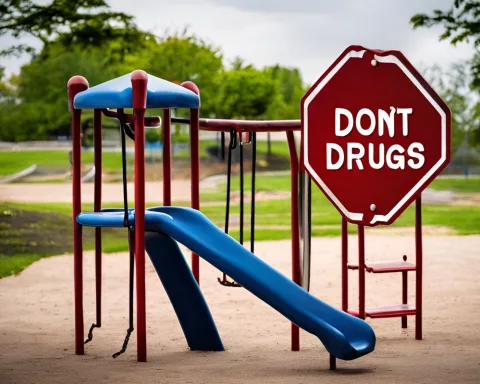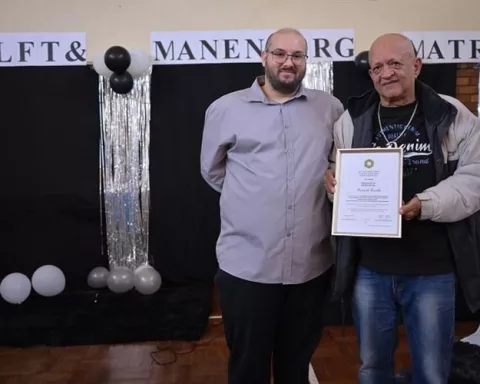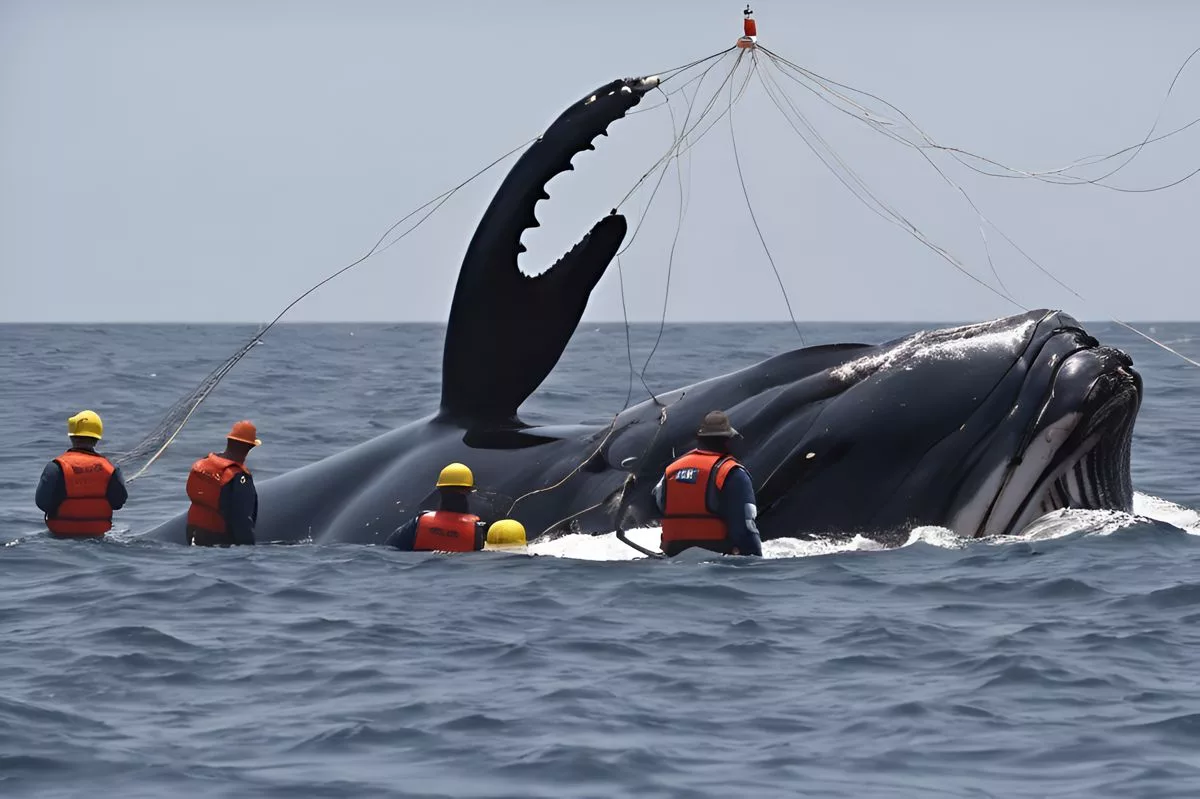Jacques Freitag was a talented high jump athlete from South Africa who won multiple World Championship titles and set national records. However, his personal life was plagued by drug abuse, which strained his relationships with loved ones. He tragically died at the age of 42 under suspicious circumstances, leaving behind a legacy in South African athletics. His story serves as a reminder of the private struggles that athletes often face.
Who was Jacques Freitag?
Jacques Freitag was a high jump legend from South Africa with a glittering career, including three World Championship titles and a gold medal at the 2003 IAAF World Championships. However, his life outside of sports was plagued by personal struggles, including drug abuse. He tragically died at the age of 42 under suspicious circumstances, leaving behind a legacy in South African athletics.
A Tragic End to an Acclaimed Career
Jacques Freitag’s life journey was a parabolic flight; a victorious ascension from the ground, punctuated tragically by a lethal plummet. This 42-year-old world-standard sportsman, once the high jump titan, was discovered with bullet injuries near Zandfontein Cemetery in the western part of Pretoria. This heartbreaking find happened after two weeks of fraught searching when he had suspiciously disappeared from view.
The last time Jacques was seen alive was on June 12th, a day following his 42nd birthday. His visit to his mother, Hendrina, in Bronkhorstspruit, appeared to be a routine one. However, his departure around midnight with an unidentified man would later cast a dark shadow on the circumstances. This was an enigma that Brigadier Brenda Muridili of the South African Police Services (SAPS) could not overlook. The numerous bullet wounds on Jacques’ body provided sufficient proof for the authorities to investigate his death as a homicide.
A Glittering Career in High Jump
Jacques Freitag was more than a national hero or a record setter; he was a luminary of sporting brilliance that dazzled at all three tiers of the World Championships. As part of the prestigious group of ten athletes, which includes Jamaican sprint titan Usain Bolt, Jacques scaled exceptional heights in his career. His winning trajectory encapsulated the men’s high jump crowns at the 1999 Youth World Championships in Poland, the Junior World Championships in Chile in 2000, and the Senior Championships in France in 2003.
His athletic accomplishments echoed in the chronicles of South African sports heritage. As a four-time national high jump victor, Jacques’ record of 2.38 meters, established on March 5th, 2005 in Oudtshoorn, remains unchallenged. The year 2003 saw him secure the gold medal at the IAAF World Championships in Paris, a triumph emphasized by a jump of 2.35 meters.
The 2004 Athens Olympics represented Jacques’ showcase of South Africa on the international scene. Although he missed out on the high jump finals, his qualifying jump of 2.20 meters was a powerful display of his athletic prowess.
Personal Struggles Behind the Professional Triumphs
However, Jacques’ glittering career was shadowed by personal struggles. His sister, Chrissie Lewis, hinted at his battle with drug abuse after retiring from professional sports. This struggle not only impaired their relationship but also alienated him from those who cared for him. Chrissie’s grief over their broken relationship portrays a grim portrait of Jacques’ life outside the sports arena. “Over the last few years, we weren’t close at all due to the drugs,” she revealed. As a solo mother, Chrissie had to put her children’s safety first, even if it meant sacrificing her relationship with her brother.
The Legacy of Jacques Freitag
Jacques Freitag’s life story is one of towering peaks and devastating valleys. His contribution as a high jump champion remains an indelible part of South Africa’s athletic legacy. Nonetheless, his premature death serves as a stark reminder of the private wars athletes often wage unseen, behind the splendour of their sporting achievements.
What were Jacques Freitag’s biggest athletic accomplishments?
Jacques Freitag won three World Championship titles and a gold medal at the 2003 IAAF World Championships in high jump. He also set national records and was a four-time national high jump victor in South Africa.
What were Jacques Freitag’s personal struggles?
Jacques Freitag battled with drug abuse, which strained his relationships with loved ones, including his sister Chrissie Lewis.
How did Jacques Freitag die?
Jacques Freitag died at the age of 42 under suspicious circumstances. He was discovered with bullet injuries near Zandfontein Cemetery in the western part of Pretoria, and his death was investigated as a homicide.
What is Jacques Freitag’s legacy?
Jacques Freitag’s legacy is as a high jump champion and an indelible part of South Africa’s athletic history. His story also serves as a reminder of the private struggles that athletes often face.
What was the height of Jacques Freitag’s record-setting jump?
Jacques Freitag’s record-setting jump was 2.38 meters, which he achieved on March 5th, 2005 in Oudtshoorn. This record remains unchallenged.
How did Jacques Freitag perform at the 2004 Athens Olympics?
Although Jacques Freitag missed out on the high jump finals at the 2004 Athens Olympics, his qualifying jump of 2.20 meters was a powerful display of his athletic prowess.












